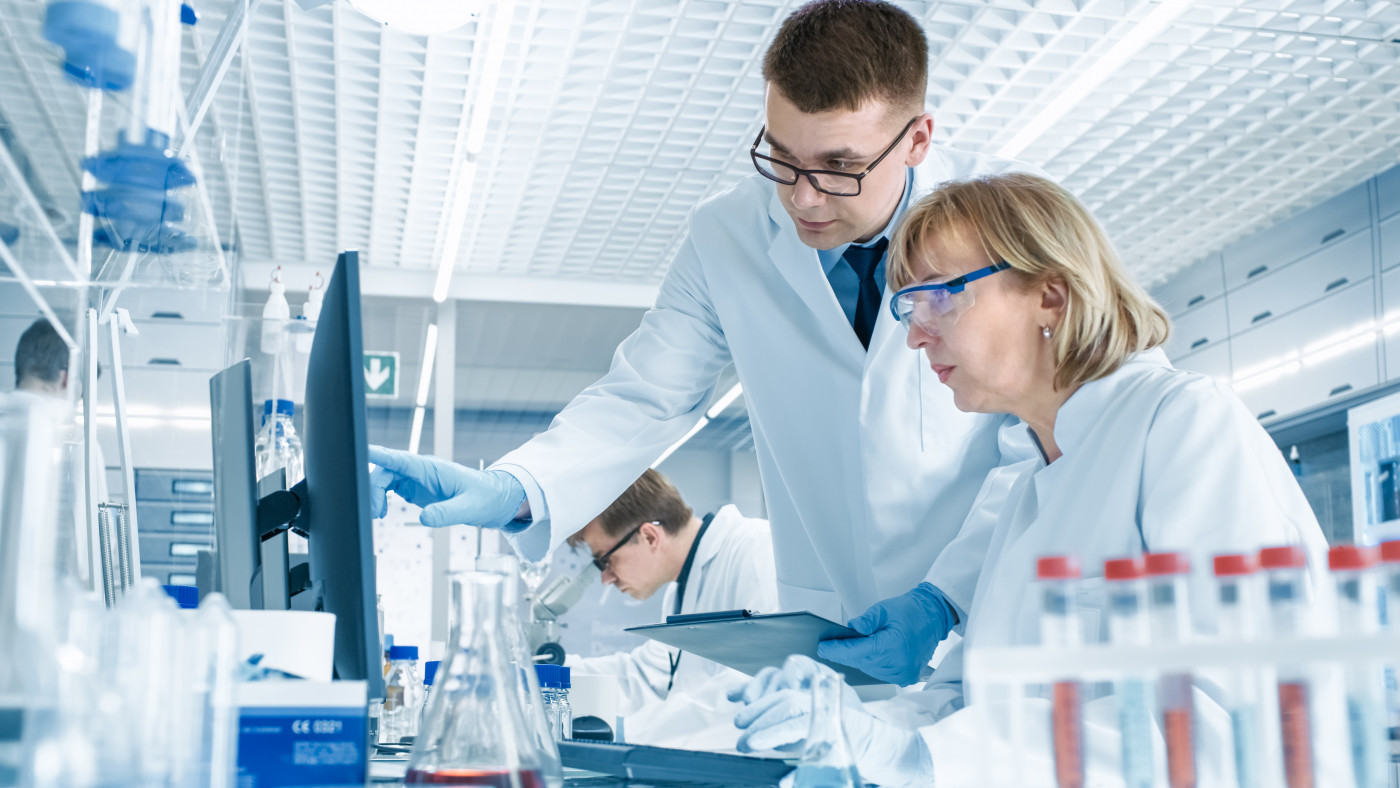Way of Protecting Key Neurons in LRRK2-linked Parkinson’s Seen
Written by |

Gorodenkoff/Shutterstock
In mice with a harmful mutation in the leucine-rich repeat protein kinase 2 (LRRK2) gene, one of the most common genetic causes of Parkinson’s disease, treatment with a small molecule compound restored the recycling of damaged mitochondria — the cells’ powerhouses — from dopamine-producing nerve cells.
A failure to remove damaged mitochondria — a normal and essential quality control process for cells — is thought to kill these nerve cells in the brains of Parkinson’s patients.
This work, reported by its researchers as the first to show an LRRK2 mutation affecting mitochondrial degradation in a living animal, also suggests that compounds blocking this kinase’s activity might treat LRRK2-associated Parkinson’s.
The study, “Pharmacological rescue of impaired mitophagy in Parkinson’s disease-related LRRK2 G2019S knock-in mice,” was published in the journal elife.
Parkinson’s is characterized by the progressive loss of neurons that produce dopamine in certain brain regions, and most often occurs in people with no known genetic or family ties to the disease.
But about 15–25% of cases are inherited, and associated with disease-causing mutations. Mutated forms of the gene that encodes for the enzyme LRRK2 are the most commonly reported.
LRRK2’s exact function in cells is still unknown. However, studies indicate a role in membrane trafficking, a process by which molecules are moved around the cell. Membrane trafficking has several important functions, such as delivering cellular components, like mitochondria, to the lysosome, an organelle where molecules are degraded. Degradation, a quality-control process, is also known as macroautophagy.
The failure of selective mechanisms to degrade damaged or unnecessary mitochondria, a process known as mitophagy, is seen as a factor in the death of dopamine-producing nerve cells.
“This failure to recycle damaged mitochondria is detrimental to the health of brain cells,” Francois Singh, PhD, a postdoctoral research assistant at the University of Dundee, in Scotland, and the study’s first author of the study, said in a press release.
University researchers, working with a human genetics research team from GlaxoSmithKline Pharmaceuticals, investigated the association between mitophagy and LRRK2 in Parkinson’s.
They focused on a common LRRK2 mutation, called G2019S, that represents 4% of familial and 1% of sporadic Parkinson’s cases. This mutation causes the LRRK2 enzyme to become overactive.
Mice were genetically engineered to either lack the LRRK2 enzyme or to harbor the LRRK2 G2019S mutation, and researchers observed how these changes affected macroautophagy and mitophagy.
The absence of LRRK2 had minimal influence on macroautophagy, they reported.
In contrast, the LRRK2 G2019S mutation reduced mitophagy — selective mitochondria degradation — in certain mouse brain tissues and cells, including dopamine-producing neurons and microglia, while a lack of the LRRK2 enzyme led to increased mitophagy. This suggested that in mice with the LRRK2 G2019S mutation, damaged mitochondria were not being recycled in key brain cells.
“The work presented here shows for the first time that pathogenic LRRK2 mutations can alter basal [normal] mitophagy in clinically relevant cell populations in vivo [a living organism]. However, the extent to which impaired mitophagy drives an individual’s Parkinson’s disease remains to be determined,” the researchers wrote.
Treatment with a potent and selective LRRK2 kinase inhibitor, GSK3357679A, restored mitophagy in dopamine neurons and microglia — immune cells of the central nervous system — suggesting it should be studied further as a potential treatment.
“Here we demonstrate, through both genetic manipulation and pharmacology, that the most common mutation in PD [Parkinson’s disease] impairs basal mitophagy in tissues and cells of clinical relevance,” the researchers concluded.
“The fact that we can rescue this genetic defect in mitophagy using LRRK2 inhibitors, holds promise for future PD therapeutics.”



